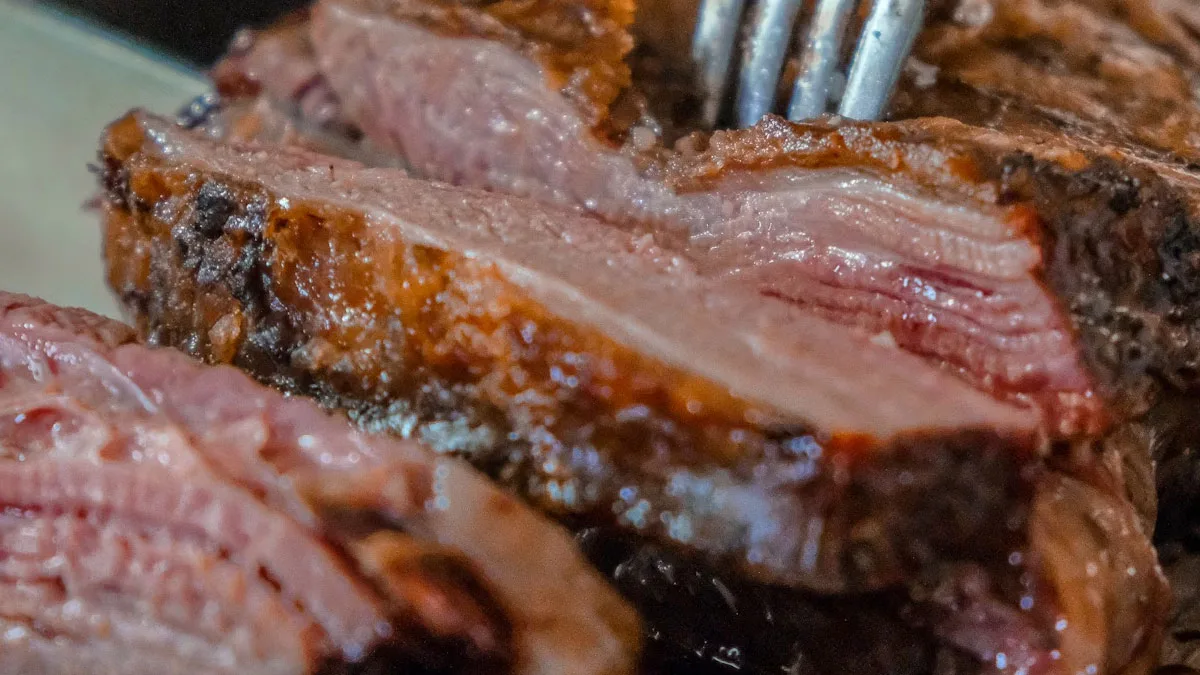Cannibalism, the act of one human consuming the flesh or internal organs of another human, is a subject that invokes moral, ethical, and legal questions. Surprisingly, the legal framework surrounding cannibalism in the United States is not as straightforward as one might expect. This article delves into the legal aspects of cannibalism, exploring whether it is explicitly prohibited under U.S. law.
Direct Laws Against Cannibalism
Unlike some countries, the United States does not have federal laws that explicitly outlaw cannibalism. However, this does not mean that the act is legally permissible. Instead, various related laws come into play when cannibalism occurs.
State Laws and Regulations
While no federal statute directly addresses cannibalism, state laws typically cover actions that encompass aspects of cannibalism:
- Murder or Manslaughter: Since cannibalism usually involves killing someone, state laws against murder or manslaughter would apply.
- Desecration of a Corpse: Many states have laws against the desecration of corpses, which would include dismembering or defiling a human body for consumption.
- Assault or Battery: If cannibalism were to occur without resulting in death, charges such as assault or aggravated battery might be applicable, especially if the act involved coercion or force.
Historical and Notable Cases
There have been few known cases of cannibalism in the United States, but those that have occurred often highlight the use of indirect legal routes to prosecute the offenders. For example:
- In 2006, Jeffrey Dahmer was charged with multiple counts, including murder and the desecration of a corpse, but not specifically for cannibalism.
Legal Grey Areas
- Consensual Cannibalism: Extremely rare cases where an individual consents to be eaten present complex legal challenges. Even here, laws against causing bodily harm to another person would likely be enforceable.
- Survival Scenarios: Historical instances, such as the Donner Party or situations involving shipwrecks, where cannibalism was committed as a survival act, present moral quandaries and potential legal exceptions. These cases are typically judged with the context heavily influencing outcomes.
International Perspectives
Comparing U.S. laws with those of other countries can provide additional insights. For instance, some countries have explicit laws criminalizing cannibalism, which highlights the variability in legal systems and cultural norms globally.
Conclusion
While cannibalism is not explicitly defined as illegal under federal U.S. law, multiple state laws ensure that acts typically associated with cannibalism, such as homicide, corpse desecration, and assault, are prosecutable offenses. The complexity and rarity of such cases require nuanced legal interpretations and often rely on broader legal principles rather than specific anti-cannibalism statutes.
References
- State-specific laws on murder, assault, and desecration of a corpse can be referenced through legal databases such as https://www.findlaw.com
- Historical cases and their legal outcomes provide context and can be found in legal analysis or databases, such as https://scholar.google.com









Leave a Reply